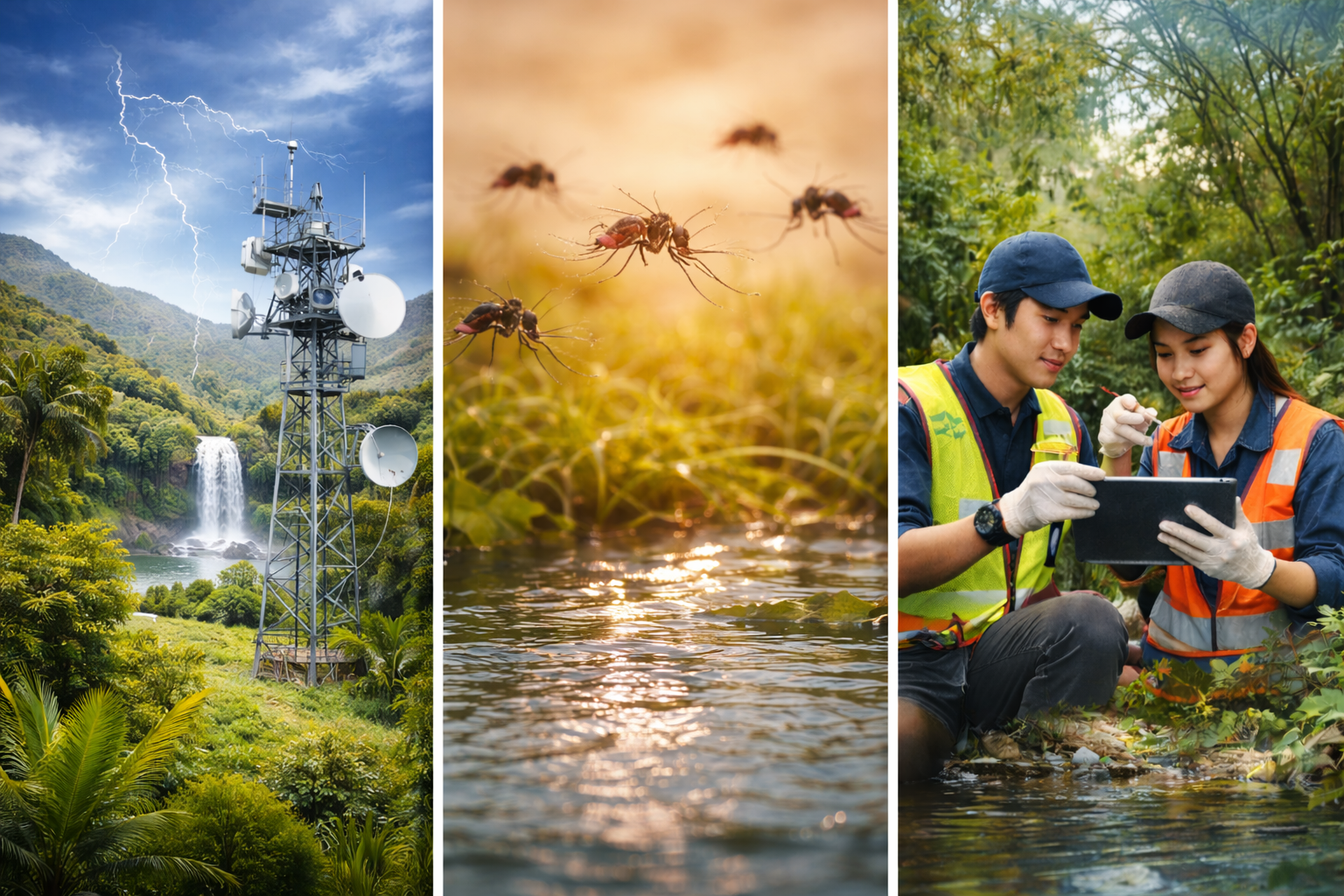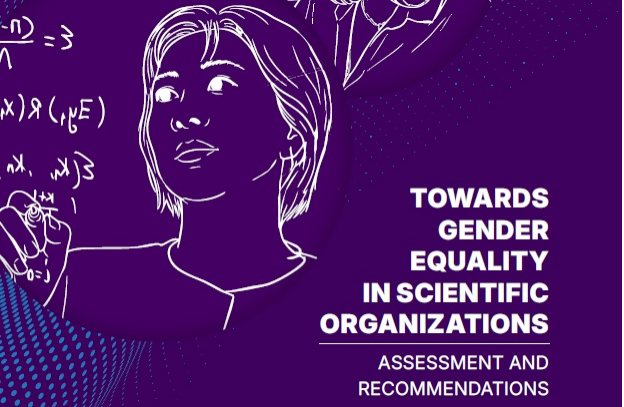IRDR talked with Kathleen Tierney on the sidelines of the 40th annual Natural Hazard Workshop (NHW – see news 21 July) – a meeting which, like its parent the Natural Hazards Center and IRDR itself, was conceived to transcend research’s disciplinary boundaries and the policy / praxis divide. Over the last 40 years, the Workshop has become an essential meeting for new research ideas and to see research in practice.
The University of Colorado’s Natural Hazards Center is a relatively new IRDR National Committee (NC); it joined the IRDR family of NCs in November 2013 and is the only one that operates as a center of centers. It convenes 12 disaster research centers around the US to facilitate center directors talking about strategy and aligning messaging. Since 1976, the NHC has served as a national and international clearinghouse of knowledge concerning the social science and policy aspects of disasters. It houses a physical library and publishes the bi-monthly Natural Hazards Observer and a bi-weekly Disaster Research (both free online).
Joining the IRDR family enables the Center’s entry into a global network and encourages cross sharing and dissemination of innovative science happening in the US and around the globe. National Committees are invited to the bi-annual meetings of the IRDR Scientific Committee where ideas and experiences are shared.
Tierney has led the NHC since 2003 and is both an academic (Professor of Sociology) and a practitioner. Her research focuses on the social dimensions of hazards and disasters, including natural, technological, and human-induced extreme events. Her 2014 book, The Social Roots of Risk: Producing Disasters, Promoting Resilience argues that disasters are socially produced and socially constituted and that resilience is a result of existing social characteristics and arrangements that are adaptive and thus resilient to harm in the face of natural catastrophe. 







